Lords and Ladies, the fourteenth installment in Terry Pratchett's beloved Discworld series, is a masterful blend of humor, fantasy, and social commentary that showcases the author's unparalleled wit and imagination. Set against the backdrop of a hot Midsummer Night, the novel weaves together a tapestry of characters and events that culminate in a delightful yet perilous adventure. With its unique take on traditional fairy tales and folklore, Pratchett invites readers to explore themes of power, identity, and the nature of evil, all while delivering a narrative that is as entertaining as it is thought-provoking.
At the heart of the story is Magrat Garlick, a young witch who is on the cusp of marriage. Her impending nuptials should be a time of joy and celebration, yet the atmosphere is thick with tension as the Lancre All-Comers Morris Team, having indulged in a bit too much revelry, unwittingly awaken the elves. These are not the whimsical, benevolent creatures of children's stories; instead, they embody the darker aspects of faerie folklore—cruelty, malice, and a penchant for chaos. Pratchett's elves are a stark reminder that magic can be a double-edged sword, and their return signals a shift in the balance of power in Lancre.
One of the most compelling aspects of Lords and Ladies is its exploration of gender roles and the expectations placed upon women in society. Magrat, Granny Weatherwax, and Nanny Ogg represent different facets of femininity, each grappling with their identities in a world that often seeks to define them by their relationships to men. Magrat, the youngest and most insecure of the trio, embodies the struggle for self-acceptance and the desire to forge her own path. As she prepares for her wedding, she must confront not only her fears about marriage but also the societal pressures that accompany it.
Granny Weatherwax, the formidable matriarch of the coven, serves as a counterpoint to Magrat's uncertainty. Her no-nonsense attitude and unwavering confidence make her a force to be reckoned with, yet Pratchett also reveals her vulnerabilities. Granny's character development is particularly poignant as she grapples with the implications of love and sacrifice. The dynamic between the three witches is rich and layered, showcasing Pratchett's ability to create complex, relatable characters who resonate with readers on multiple levels.
The narrative is further enriched by a colorful supporting cast, including dwarfs, trolls, wizards, and, of course, the Morris dancers. Each character adds depth to the story, contributing to the overarching themes of community and the importance of collaboration in the face of adversity. The Morris dancers, in particular, serve as a humorous yet poignant reminder of the power of tradition and the ways in which culture can both unite and divide.
Pratchett's signature humor shines throughout the novel, with clever wordplay and satirical commentary that elevate the narrative. His ability to blend the absurd with the profound is on full display, as he deftly navigates the complexities of human (and non-human) nature. The juxtaposition of the mundane and the magical creates a rich tapestry that invites readers to reflect on their own lives and the choices they make.
Another notable theme in Lords and Ladies is the exploration of power and its consequences. The return of the elves serves as a catalyst for examining the nature of authority and the responsibilities that come with it. Pratchett poses important questions about the morality of power—who wields it, how it is used, and the impact it has on those who are subjected to it. The witches' struggle against the elves becomes a metaphor for the fight against oppression and the importance of standing up for what is right, even in the face of overwhelming odds.
The novel's pacing is brisk, with Pratchett expertly balancing moments of tension with lighthearted interludes. The plot unfolds with a sense of urgency, drawing readers into the chaos that ensues as the witches confront the elves and their nefarious plans. The climactic showdown is both thrilling and satisfying, showcasing Pratchett's ability to craft a compelling narrative that keeps readers on the edge of their seats.
In comparison to other works in the fantasy genre, Lords and Ladies stands out for its unique blend of humor and social commentary. Authors like Neil Gaiman and Douglas Adams share Pratchett's penchant for wit and satire, yet Pratchett's ability to create a fully realized world populated by memorable characters sets him apart. His exploration of complex themes through the lens of fantasy allows readers to engage with serious issues in a way that is both accessible and entertaining.
Ultimately, Lords and Ladies is a testament to Terry Pratchett's genius as a storyteller. It is a novel that invites readers to reflect on the nature of power, identity, and the complexities of human relationships, all while delivering a narrative that is rich in humor and heart. As the witches of Lancre face the return of the elves, readers are reminded of the importance of friendship, courage, and the enduring power of love.
In conclusion, Lords and Ladies is a must-read for fans of fantasy and those seeking a deeper understanding of the human experience. Pratchett's ability to weave together humor, adventure, and social commentary creates a reading experience that is both enjoyable and enlightening. Whether you are a long-time Discworld enthusiast or new to the series, this novel is sure to leave a lasting impression.
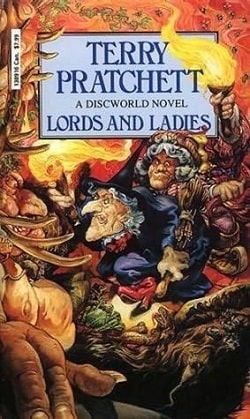



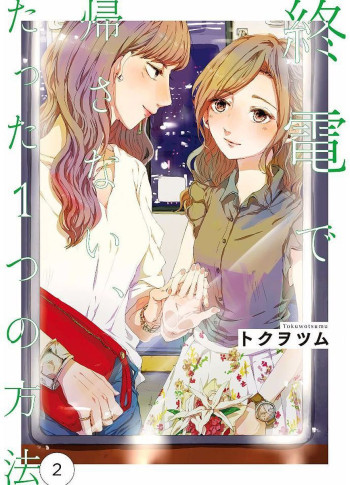

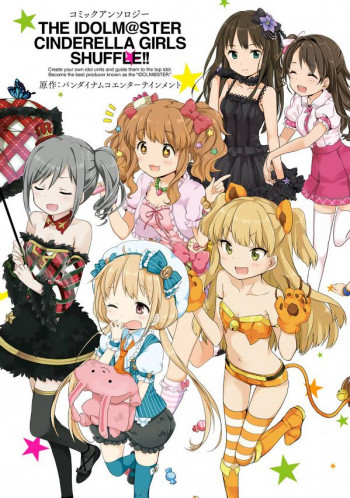
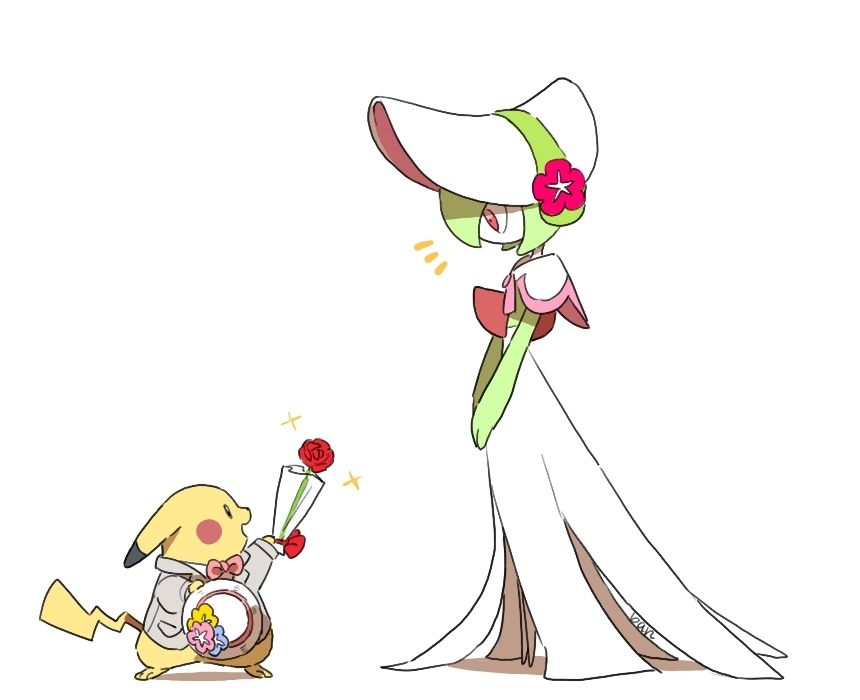
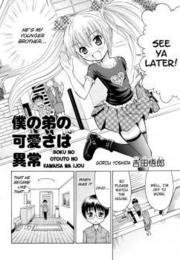

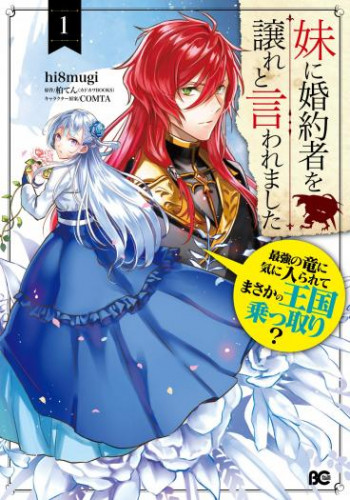
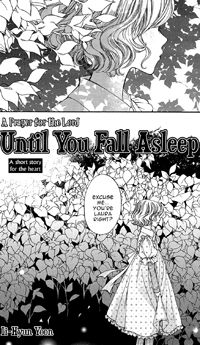

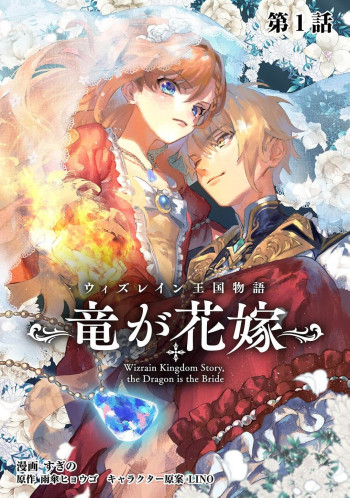










Reviews 0
Post a Reviews: